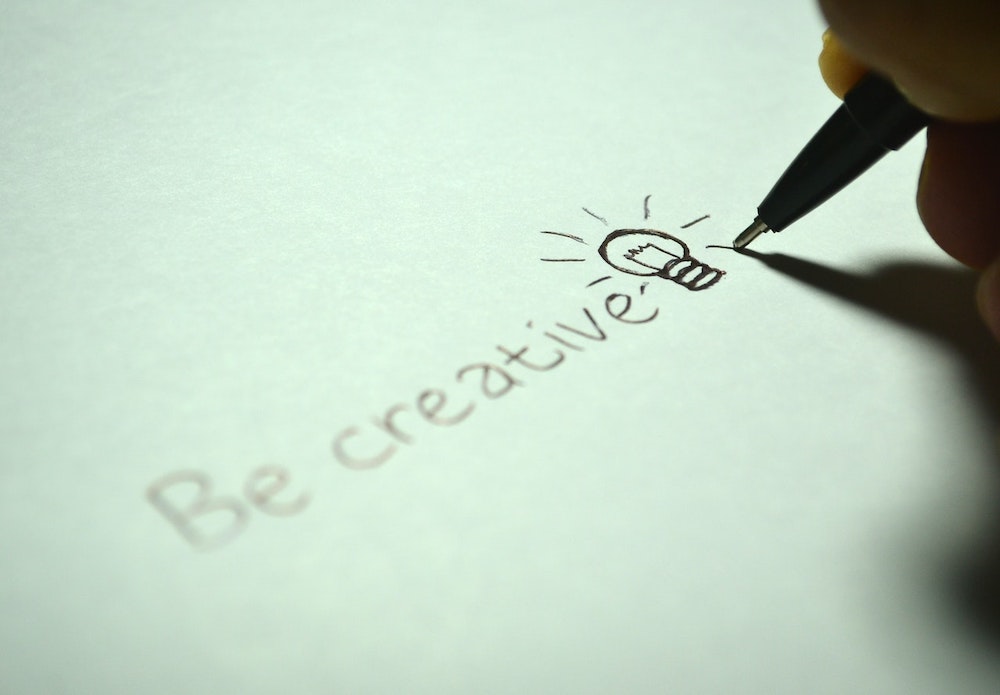Celebrating National Handwriting Day in 2022
28th January 2022
As shocking as this may be, many of us don’t remember the last time we used a pen and paper.
Back in school days, we used to write long essays using a pen, trying our hardest to make sure our handwriting was perfect.
How times have changed. In the world led by technological advances, with fast computers to hand, armed with predictive text and autocorrect, we tend to open a laptop to start writing.
We often forget about the benefits of simply putting pen to paper, like we used to do. Some of the benefits of handwriting include improved creativity, critical thinking and problem-solving skills.
Each year, on January the 23rd the world celebrates National Handwriting Day.
What is National Handwriting Day?

National Handwriting Day was first observed in 1977. Invented by The Writing Instrument Manufacturers Association, the day falls on John Hancock’s birthday, the first person to sign the Declaration of Independence.
Ways to observe National Handwriting Day
You can celebrate this day by dusting off your pen and paper and executing some beautiful handwriting.
Here are a few ideas of things you could write:
- Write and send a handwritten letter to your family or a friend;
- Write a to-do list;
- A shopping list;
- An exercise plan;
- Weekly work plan;
- Start a journal;
- Leave a note for someone close to you;
- Draw a doodle;
Fun fact: Lewis Carroll, author of Alice in Wonderland, would not only hand write his work, but he would also add beautiful doodles within.
- Practise your signature;
- Create a vision board;
- Colour in a colouring book;
- Explore the world of graphology, the study of handwriting and learn what your handwriting says about you.
How you write can indicate more than 5,000 different personality traits. For example, small letters indicate that you are shy, studious, and careful. Average size letters show that you are well-adjusted and adaptable, while large letters demonstrate you are outgoing, outspoken and people orientated. Personality traits can also be revealed by factors like spacing between words, shape of the letters, slanting, looping, dotting your i’s, crossing your t’s, page margins and pressure; to list but a few.
What are the main benefits of handwriting?
Research undertaken by Norwegian University of Science and Technology shows that writing by hand helps us learn. It also confirms that both children and adults learn more and remember better when writing by hand.
1. Handwriting helps with cognitive development
Many research papers have shown that children who practice their handwriting have higher levels of literacy and cognitive development. This is down to building readiness skills such as letter recognition, directionality and visual-perceptual skills.
2. Handwriting boosts creativity
Writing by hand helps you think outside the box. It gives your mind free reign to express itself and allows ideas to flow more freely. It also forces the writer to slow down, giving the brain time to process thoughts and carefully form the ideas they are transferring to paper.
Many famous writers including Stephen King, J. K. Rowling and Quentin Tarantino prefer to write by hand.
Yes, I do write by hand a lot, especially first drafts and plotting. https://t.co/E02B3Arizk
— J.K. Rowling (@jk_rowling) August 16, 2017
3. Handwriting improves memory
Handwriting words makes it much easier for us to remember. Students who take lecture notes by hand, are more likely to remember what they’ve learned during the lesson. As students take notes, they determine which parts of the lecture are important and worth noting down on paper.
Handwriting requires a sequence of strokes to create a letter, and studies have shown these sequential movements activate brain regions responsible for working memory.
Other important benefits of handwriting include retained knowledge, improved spelling and reduced dyslexia.
We hope this article will encourage you to do more handwriting moving forward. Why don’t you start by writing a letter or a note to a loved one?
